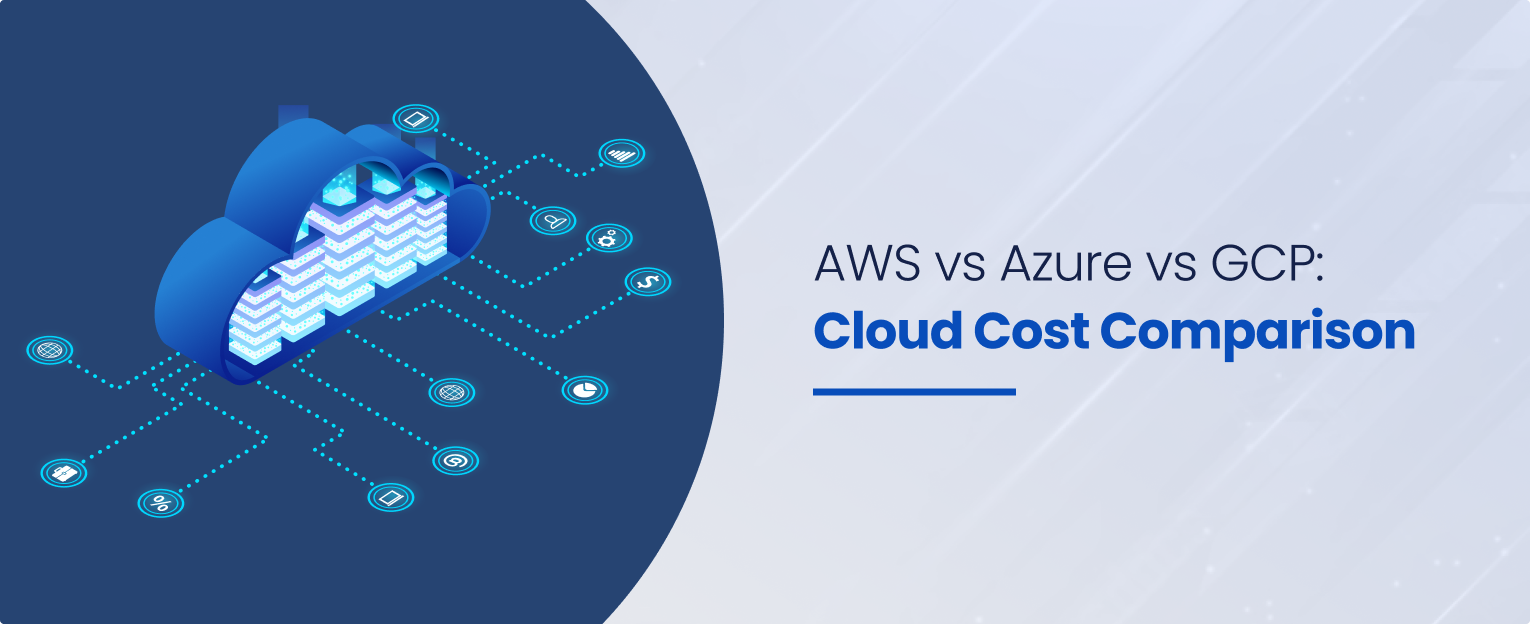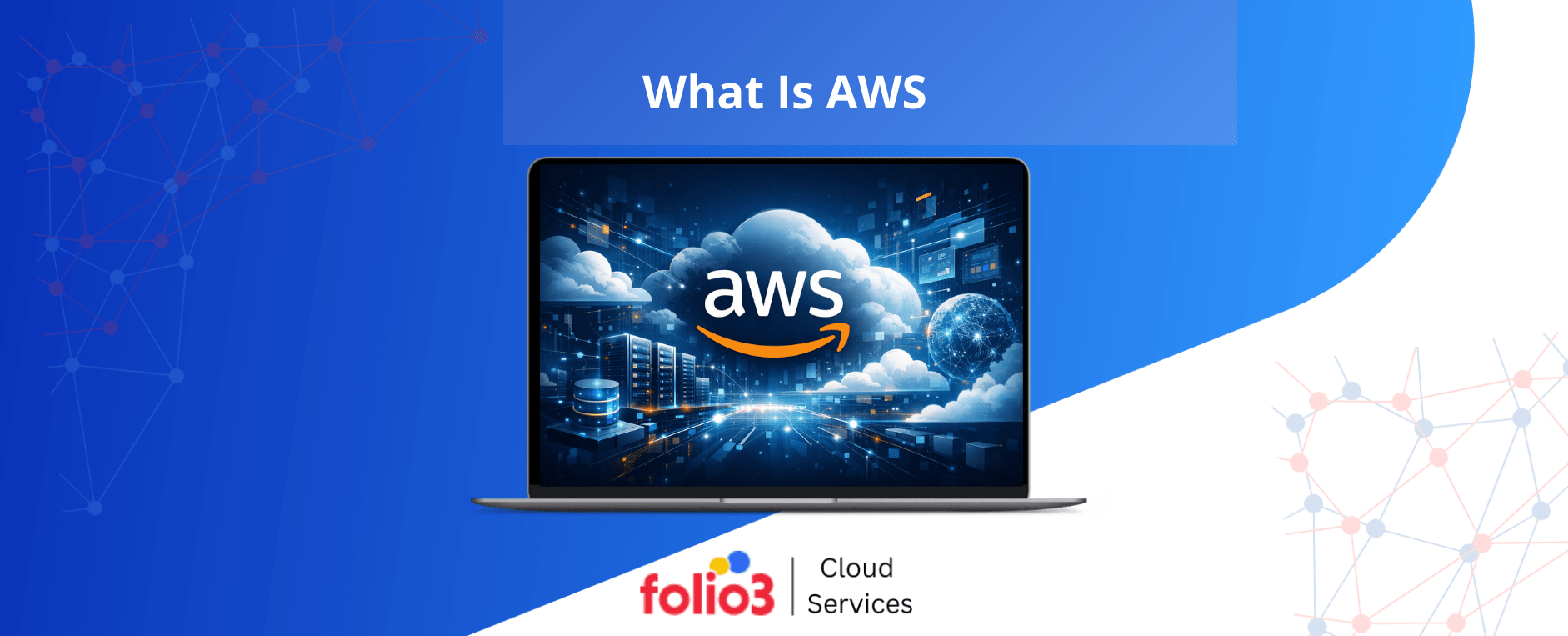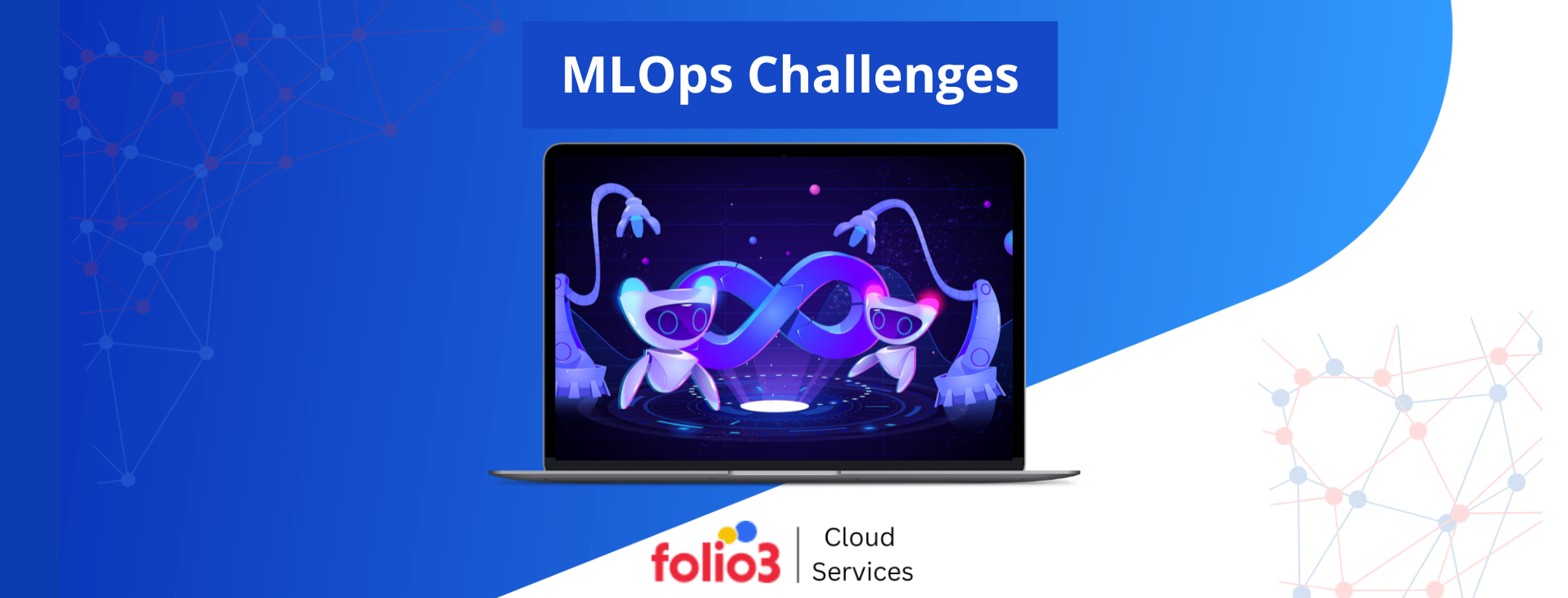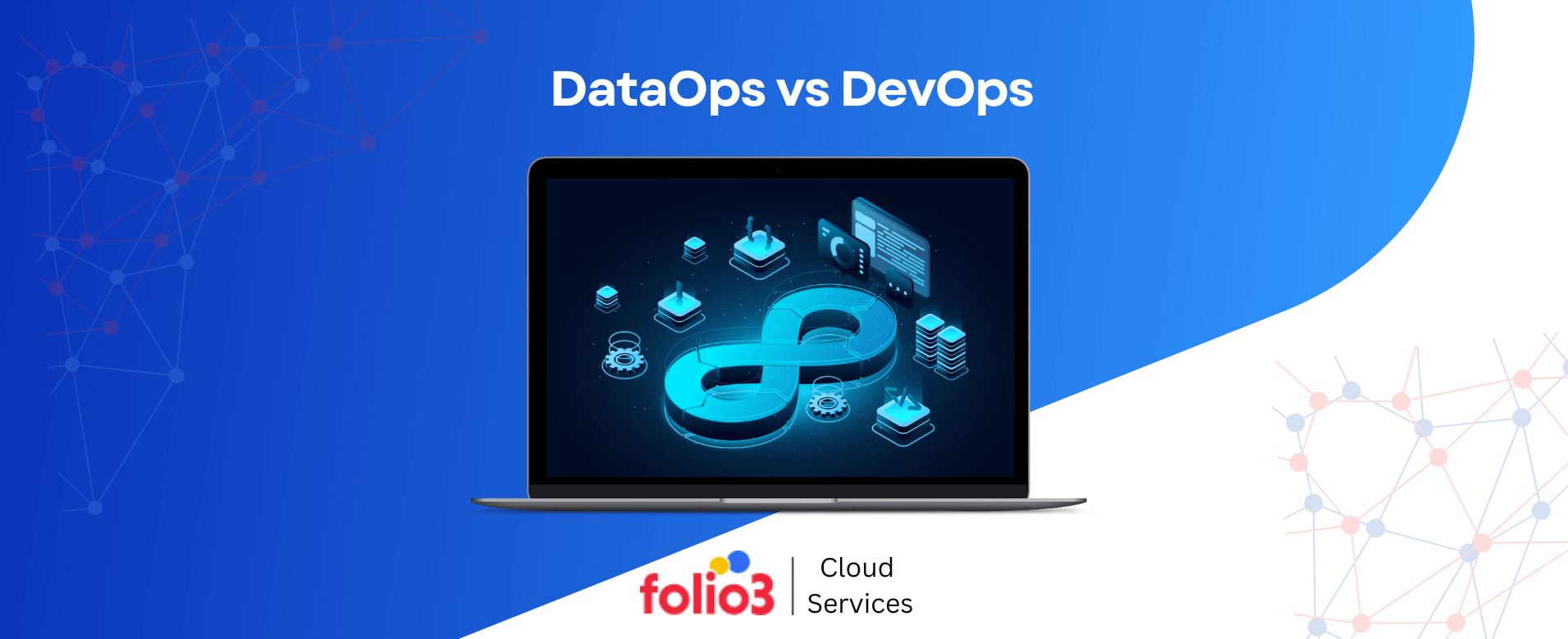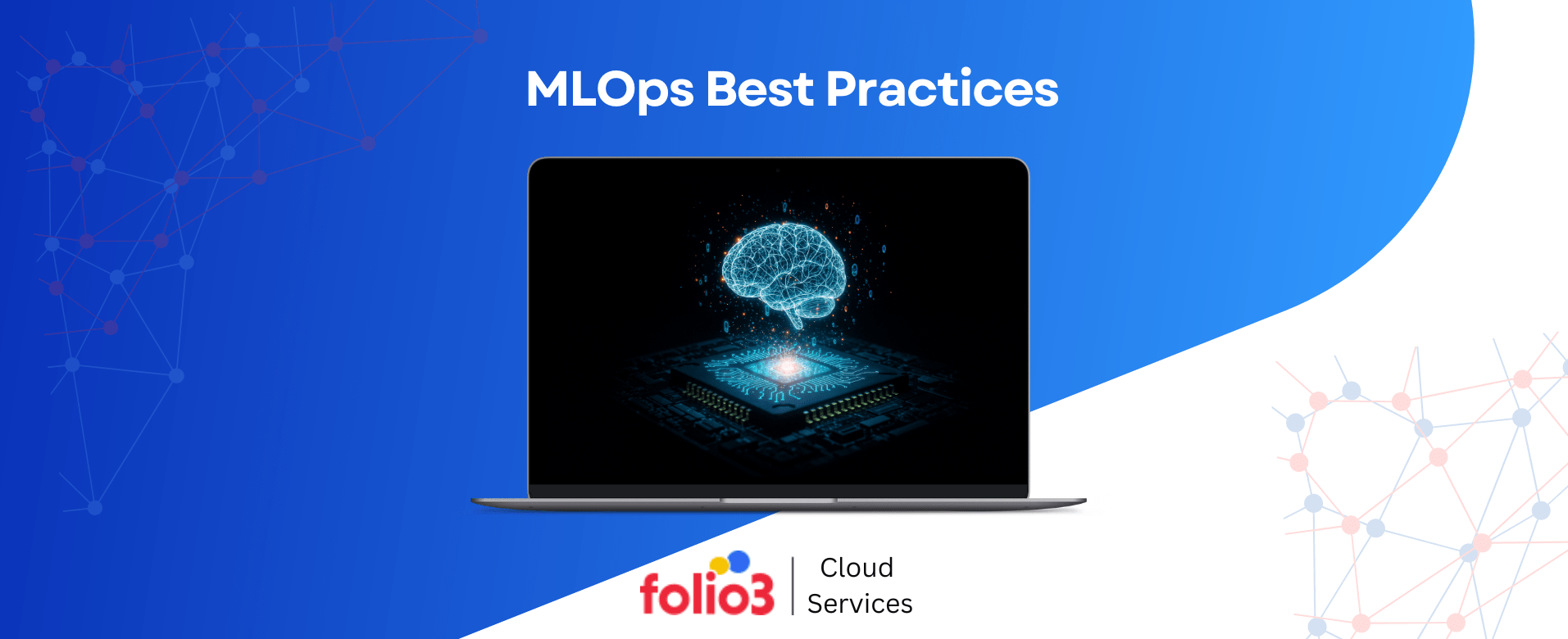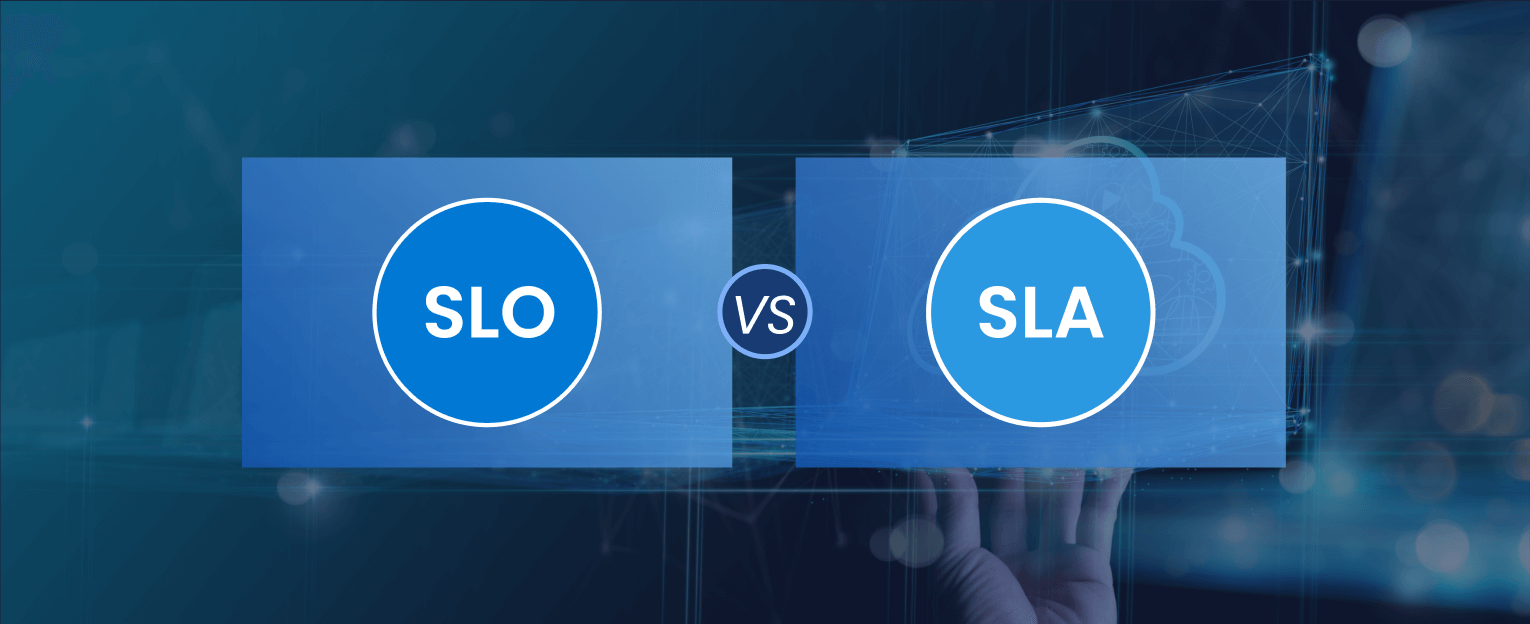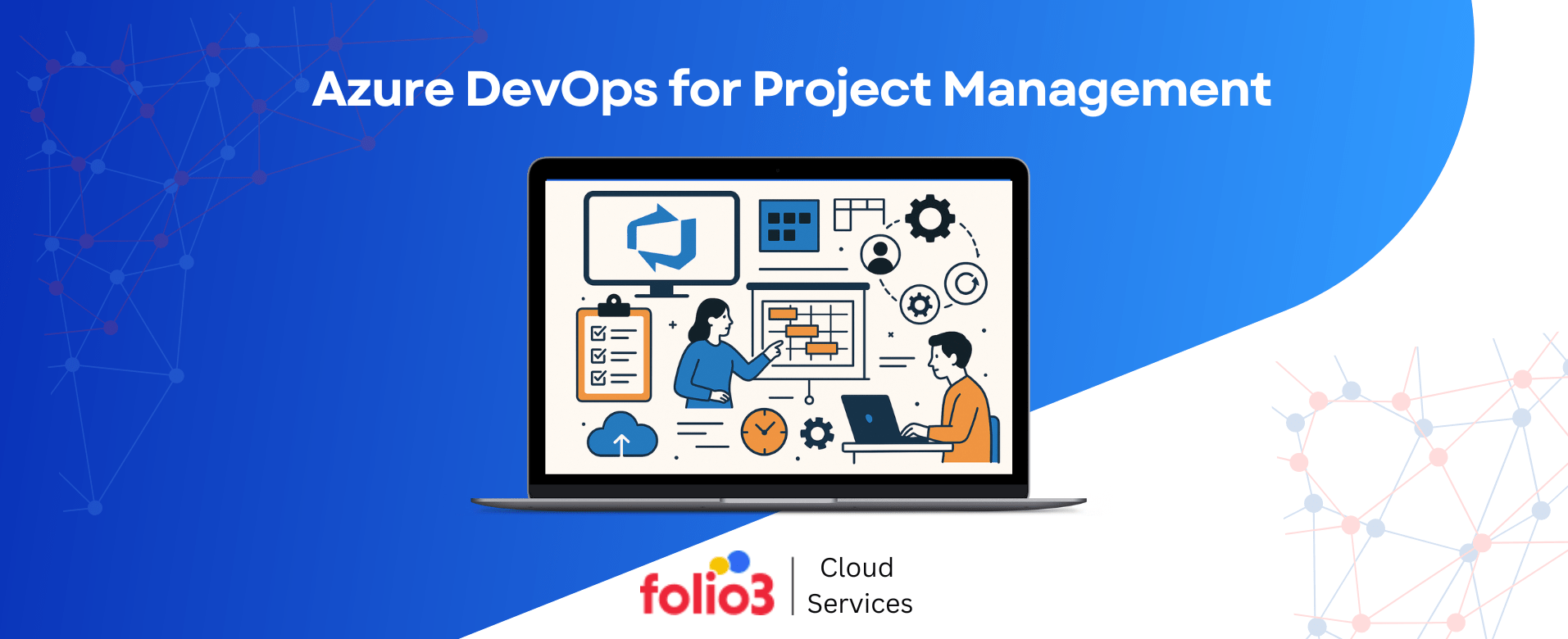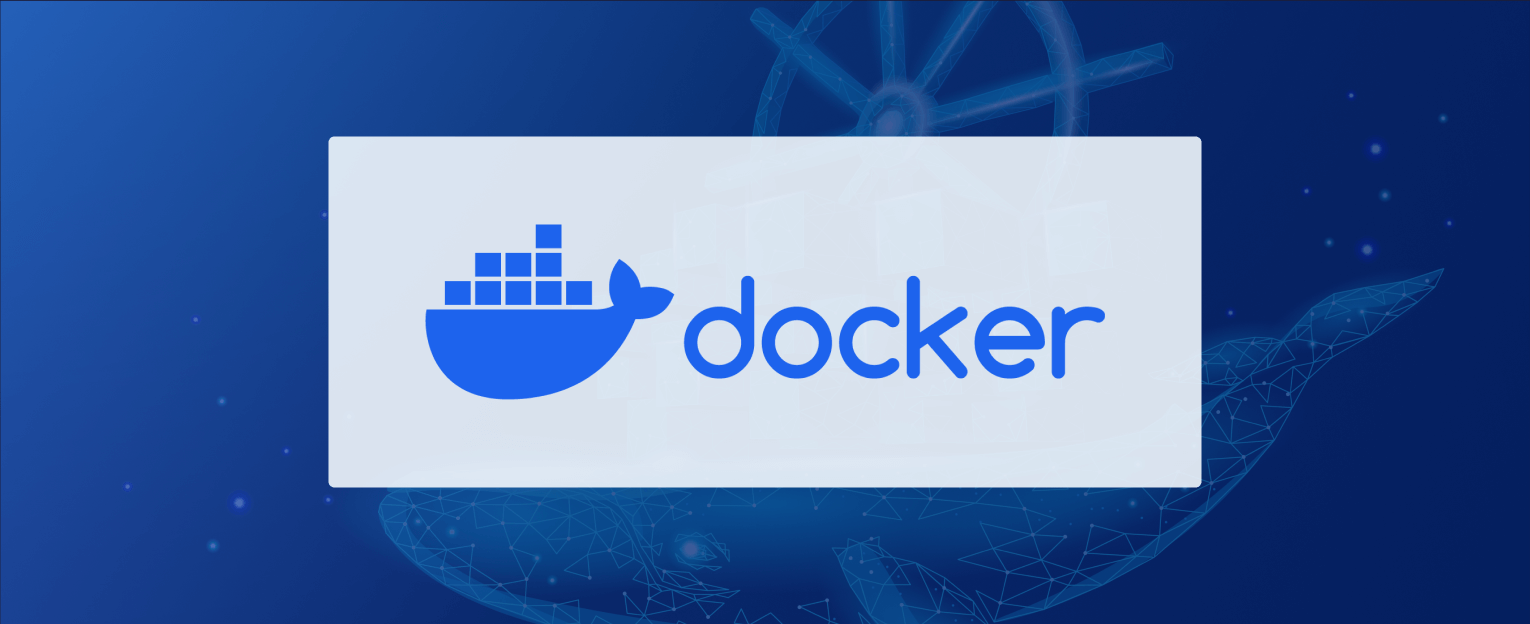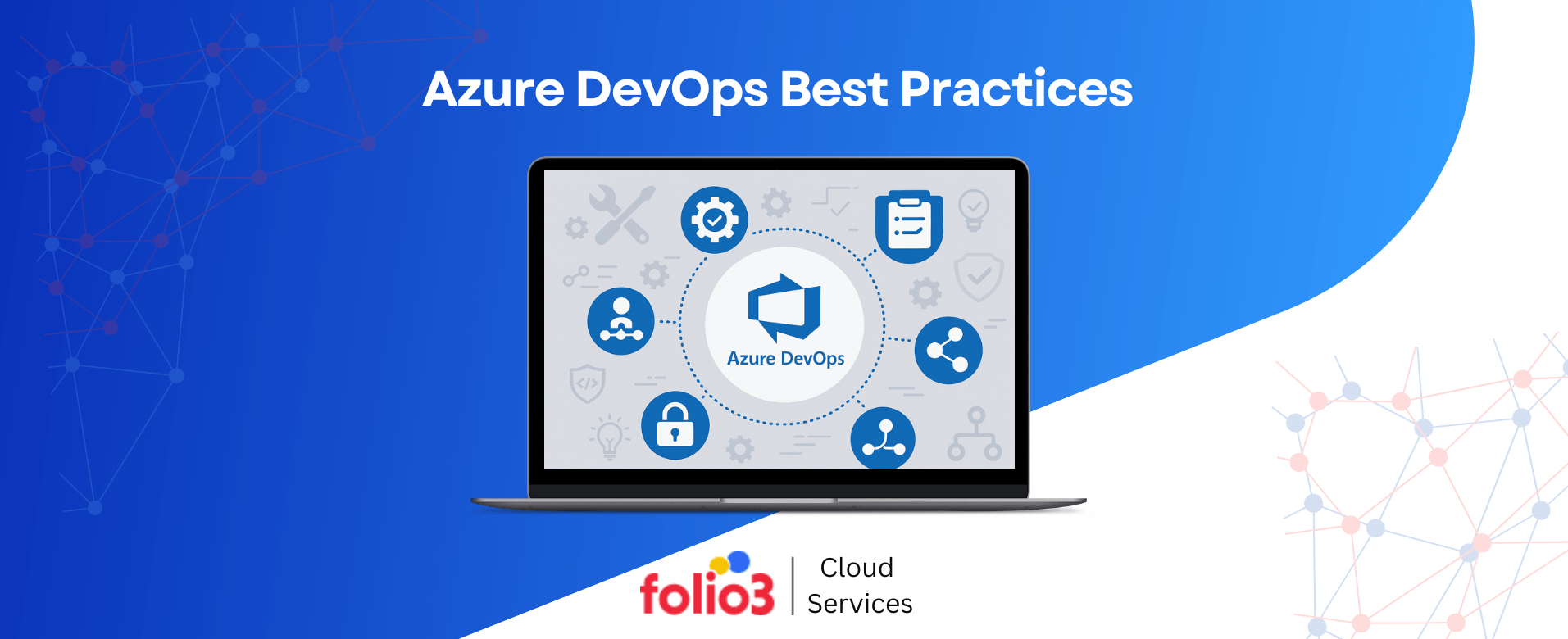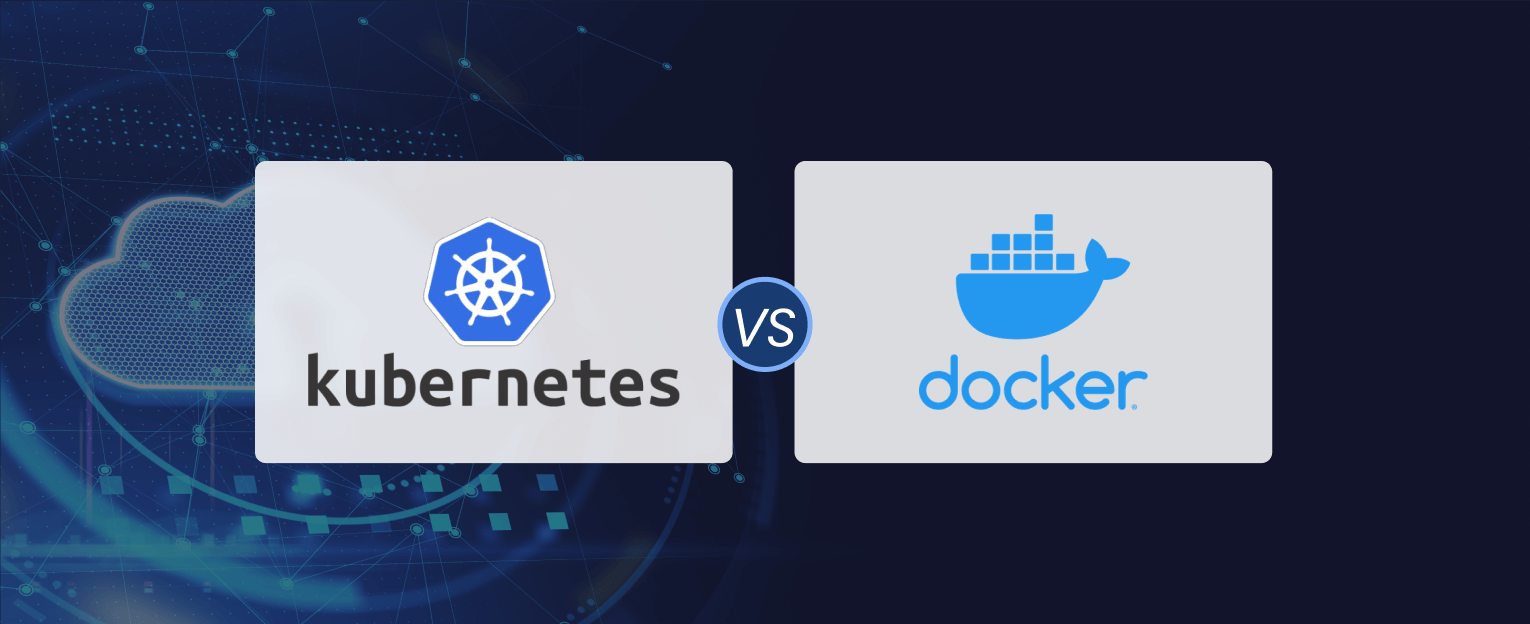If you’re considering moving to the public cloud or optimizing your next project, choosing between AWS, Azure, and Google Cloud Platform can be challenging.
Engineers value the cloud for its rapid, scalable computing, storage, and networking capabilities, as well as features like self-service, instant provisioning, and autoscaling that simplify project workflows.
However, each cloud provider has unique cost structures that can significantly impact your cloud bill, making the selection process more complex. To make an informed decision, it’s crucial to have a deep understanding of your team’s requirements, applications, and workloads before exploring the cloud landscape.
This AWS Azure Google price comparison examines both storage and compute costs across these top providers, providing insight into the nuanced differences that can affect your overall cloud investment.
Price Comparison AWS Azure Google
| Detail | Amazon AWS | Microsoft Azure | Google GCP |
|---|---|---|---|
| Minimum Instance | 2 virtual CPUs, 8 GB RAM – USD 69/month | 2 virtual CPUs, 8 GB RAM – USD 70/month | 2 virtual CPUs, 8 GB RAM – USD 52/month |
| Maximum Instance | 3.84 TB RAM, 128 vCPUs – USD 3.97/hour | 3.89 TB RAM, 128 vCPUs – USD 6.97/hour | 3.75 TB RAM, 160 vCPUs – USD 5.32/hour |
| Type of Discount | Reserved Instances (RIs) | Reserved Instances (RIs) | Committed Use Discount (CUD), Sustained Use Discount (SUD) |
| Commitment | 1 or 3 years | 1 or 3 years | CUD – 1 or 3 years, SUD – no commitment |
| Discount Percentage | Up to 75% | Up to 72% | CUD – for 1 year up to 37%, for 3 years up to 55%; SUD – up to 30% |
| Is Cancellation Available? | Yes, it offers to sell your products on the marketplace | Yes, with a 12% cancellation fee | No cancellation available |
| Payment Options | 3 options – no up-front, partial up-front, all up-front | All up-front | No up-front |
| High Profile Customers | LinkedIn, Facebook, BBC, Airbnb, Twitch, Netflix, Adobe, ESPN, Lamborghini, etc. | Apple, HP, Coca-Cola, LG Electronics, Verizon, Xbox, Fujifilm, etc. | Twitter, Intel, Yahoo, PayPal, eBay, Target, 20th Century Fox, etc. |
1. AWS (Amazon Web Services)
AWS, a cloud computing platform, provides storage, database administration, security tools, and more. Amazon launched it in 2006 to help businesses grow with minimum investment.
AWS offers various benefits, one of them is scalability. Businesses can quickly adjust resource utilization without infrastructure costs. It’s perfect for startups and small enterprises that want to utilize cloud technologies but can’t afford expensive hardware.
AWS also offers reliability. The platform’s 99.99% uptime ensures your business can run successfully without downtime.
AWS has a large ecosystem with many third-party connections and assistance from SAP, Microsoft, and Oracle, making it easier for enterprises to migrate legacy systems to AWS.
AWS is one of the most popular cloud systems due to its flexibility, scalability, and affordability.
AWS Pricing Model
AWS Pricing Model is a pay-as-you-go model, which means customers only pay for the services they use. AWS offers three pricing models: On-Demand Instances, Reserved Instances, and Spot Instances.
| Instance Type | Description | Pricing Example |
|---|---|---|
| On-Demand Instances | Charged by the hour or second with no upfront cost. Ideal for applications with short-term or unpredictable workloads. | t3a.medium (2 vCPUs, 8 GB RAM): USD 0.0348 per hour |
| Reserved Instances | Offer significant discounts for a commitment of 1 or 3 years. Suitable for applications with steady-state usage. | t3a.medium (1-year term, all upfront): USD 0.0225 per hour |
| Spot Instances | Allows bidding on unused EC2 capacity at reduced rates. Best for flexible, fault-tolerant applications. | t3a.medium: Up to 70-90% off On-Demand pricing |
In addition to these pricing models, AWS also offers various tools like Cost Explorer, Budgets, and Discounts & Savings Plans that make it easier for customers to manage costs effectively during and after their migration to AWS.
2. Microsoft Azure
Microsoft’s Azure cloud platform provides customized services and solutions for organizations. Azure’s interoperability with Office 365, Dynamics 365, and Windows Server is a major benefit.
Azure lets users pick a price model based on their needs. Pay-as-you-go lets businesses pay just for what they use without upfront expenditures or termination fees. For long-term commitments, Reserved Virtual Machine Instances offer significant discounts.
Azure’s strong security and compliance certifications meet HIPAA, ISO 27001, GDPR, and other industry standards. This protects sensitive cloud data.
Azure’s scalability and over 200 worldwide services make it a great choice for enterprises expanding globally. Its integrated AI gives firms valuable insights into customer behavior and corporate processes.
Many enterprises globally prefer Azure’s reliable performance and great value-for-money options for secure cloud-based computing.
Azure Pricing Model
Azure, the cloud computing service provided by Microsoft, has a pricing model that is similar to its competitors, AWS and GCP. However, Azure offers unique features and pricing options that make it a popular choice for businesses.
One of the key advantages of Azure’s pricing model is its flexibility. Users can opt for pay-as-you-go or reserve instances based on their needs. This allows businesses to scale up or down as their workload demands change without any additional costs.
| Service | Starting Cost | Workload | Cost Factor | Monthly Cost |
|---|---|---|---|---|
| Block Blob Storage (ZRS COOL) | USD 0.013 | Reserving 100 GB for 1 month | GB – Month | 0.013 * 100 = USD 1.3 |
| Block Blob Storage (ZRS HOT) | USD 0.023 | Reserving 100 GB for 1 month | GB – Month | 0.023 * 100 = USD 2.3 |
| Functions | USD 0.20 | Serverless functions for 30 days with 5 million executions per day | Million executions | 30 * 5 * 0.2 = USD 30 |
| Linux Virtual Machines (VMs) | USD 0.004 | 10 virtual machines used for 30 days | Virtual machine hourly usage | 10 * 30 * 24 * 0.004 = USD 28.8 |
3. GCP (Google Cloud Platform)
GCP, or Google Cloud Platform, is one of the most popular cloud computing platforms in the market. It provides a wide range of services that are focused on modern app development and data analytics.
One of GCP’s standout features is its pricing model, which offers discounts for sustained usage. This means that the longer you use GCP services, the more cost-effective it becomes. Additionally, GCP provides custom machine types that allow users to choose exactly what resources they need for their applications.
Another key advantage of GCP is its integration with other Google products such as BigQuery and TensorFlow. This makes it an ideal choice for businesses looking to leverage artificial intelligence and machine learning capabilities in their operations.
GCP also offers excellent security features such as encryption at rest and in transit, DDoS protection, identity management tools and much more. Overall, GCP’s combination of scalable infrastructure, advanced analytics capabilities, and robust security make it an excellent choice for businesses looking to harness the power of cloud computing.
GCP Pricing Model
Google Cloud Platform (GCP) offers a flexible and cost-effective pricing model for its users. One of the standout features of GCP’s pricing model is that it follows a pay-as-you-go approach, meaning you only pay for what you use.
GCP also has several pricing tiers available depending on your needs.
| Pricing Option | Description |
|---|---|
| Free Tier | Provides new users with USD 300 credits to spend over 12 months, giving them ample time to try out GCP services without any financial commitment. |
| Sustained-use Discount | This discount applies automatically when a virtual machine instance is used for more than 25% of the month, reducing costs for longer usage periods. |
| Committed-use Discount | Offers lower prices in exchange for committing to a specific amount of resources over a period of one or three years, providing significant savings for long-term usage. |
GCP’s transparent and adaptable pricing structure makes it an excellent choice for businesses looking to scale their cloud-based applications while keeping their costs under control, offering strong support for cloud computing scalability.
Cut Costs with Cloud Migration
At Folio3, we don’t just execute cloud migrations; we engineer success. Our dedicated team brings a hands-on approach that aligns with your unique business needs, delivering smooth, efficient transitions to the cloud. From planning to deployment, we focus on reducing downtime, optimizing resources, and ensuring scalability.
Trust folio3 to make your move to the cloud a transformative success. Explore Cost Savings Today →Key Takeaways:
- Cost is a critical factor when choosing a cloud computing platform.
- AWS is generally more expensive but offers a wide range of features and services.
- It is essential to understand which features you need and what you are paying for with AWS.
- It’s crucial to weigh the cost vs benefits of each platform before choosing the best option for your business needs.
Which Platform Provides Better Cloud Storage Pricing?
When it comes to cloud storage, businesses need reliable and cost-effective options. Price comparison of AWS, Azure and Google Cloud Platform shows that all three major cloud providers offer competitive pricing for their cloud storage services.
However, AWS generally offers the most affordable cloud storage prices when compared to Azure and Google Cloud. AWS provides a variety of storage options, including S3, EBS, and Glacier, with flexible pricing structures.
Moreover, AWS provides cloud cost optimization tools and services to help users effectively manage their storage costs. Overall, Amazon Web Services provides a scalable and reliable storage infrastructure that allows users to pay only for the storage they consume.
Key Takeaways:
- AWS generally offers the most affordable cloud storage pricing when compared to Azure and Google Cloud.
- AWS provides a variety of storage options, including S3, EBS, and Glacier, with flexible pricing structures.
- AWS provides cost optimization tools and services to help users effectively manage their storage costs.
- Businesses should evaluate which provider can meet their specific requirements before making a decision.
Which Platform Provides Better Computing Prices?
When it comes to computing prices and cloud pricing comparison, each of the three major cloud platforms—AWS vs GCP vs Azure pricing has its own strengths and weaknesses.
However, AWS is generally the most cost-efficient computation platform among the three. Amazon Web Services provides a range of pricing options, including on-demand, reserved, and spot instances, allowing users to choose the most cost-effective option for their needs.
Moreover, AWS offers cost optimization tools and services to assist users in reducing their computational expenses. Additionally, AWS provides a scalable and reliable infrastructure that allows users to pay only for the resources they utilize.
Looking to host an application on AWS Fargate? Learn more about fargate pricing.
Key Takeaways:
- AWS is generally the most cost-efficient computation platform among AWS, Azure, and GCP.
- Amazon Web Services provides a range of pricing options, including on-demand, reserved, and spot instances.
- AWS offers cost optimization tools and services to assist users in reducing their computational expenses.
- AWS provides a scalable and reliable infrastructure that allows users to pay only for the resources they utilize.
- Selecting the best platform will depend on your specific computing needs and budget constraints. It’s important to thoroughly review each provider’s offerings and pricing models before making a decision.
Final World
We’ve examined AWS, Azure, and GCP’s cloud storage, computing, and cloud pricing comparison, so let’s summarize.
Each platform has a unique pricing plan and payment choices. AWS offers numerous pricing options for commercial purposes. Azure offers long-term discounts, whereas GCP charges per use.
All three systems offer affordable cloud storage solutions, although AWS provides a broader range of storage options. For companies considering cloud migration services, understanding these options is crucial for optimizing storage and operational costs.
Based on AWS, Azure, Google price comparison, all three platforms offer on-demand instances with regional and usage-based fees for cloud computing. GCP has lower compute engine expenses than competitors.
Finally, the best cloud service provider depends on your business’s cost-effectiveness and performance needs. Thus, it’s advisable to compare each platform’s capabilities before choosing one for your business!

